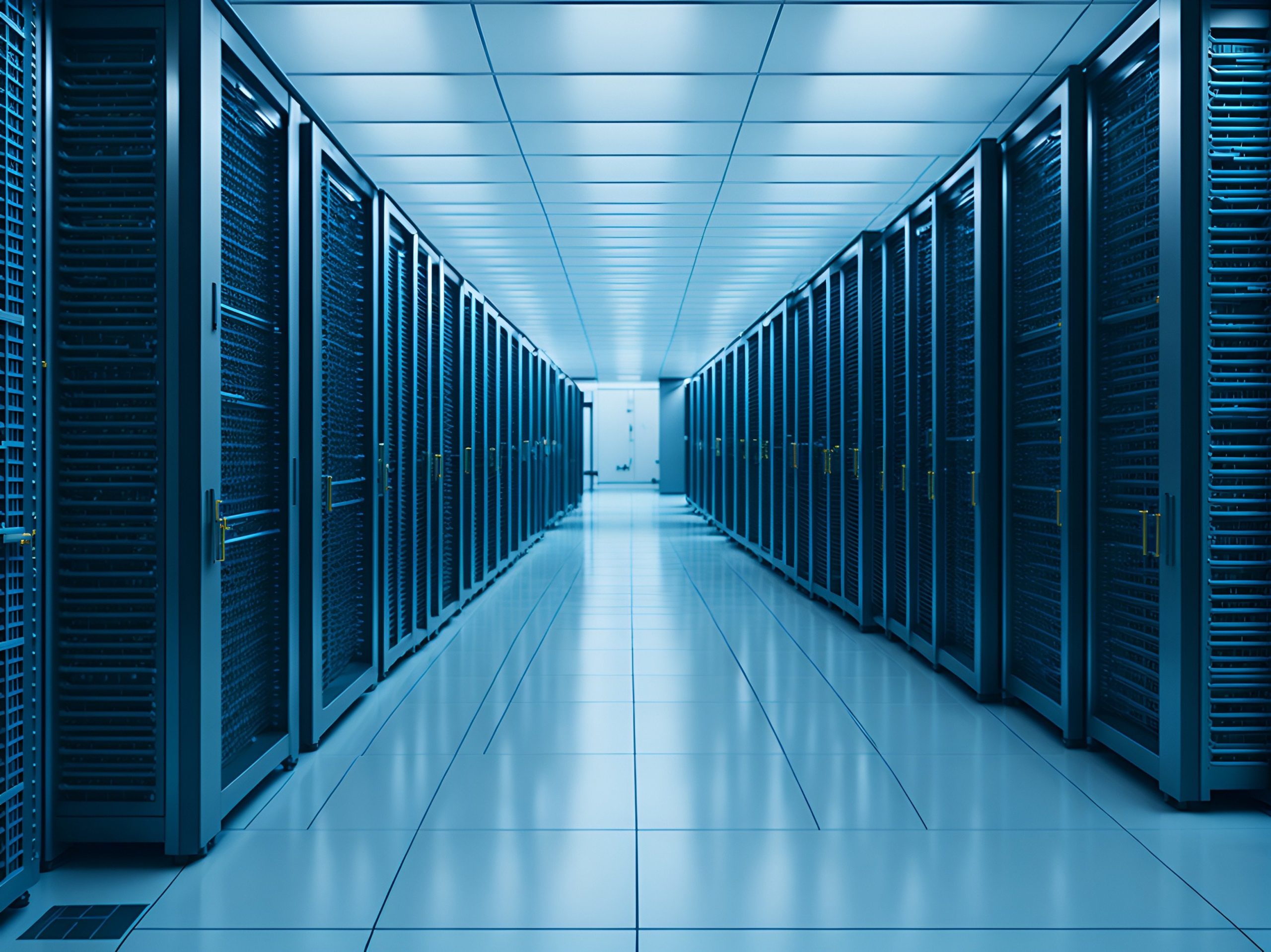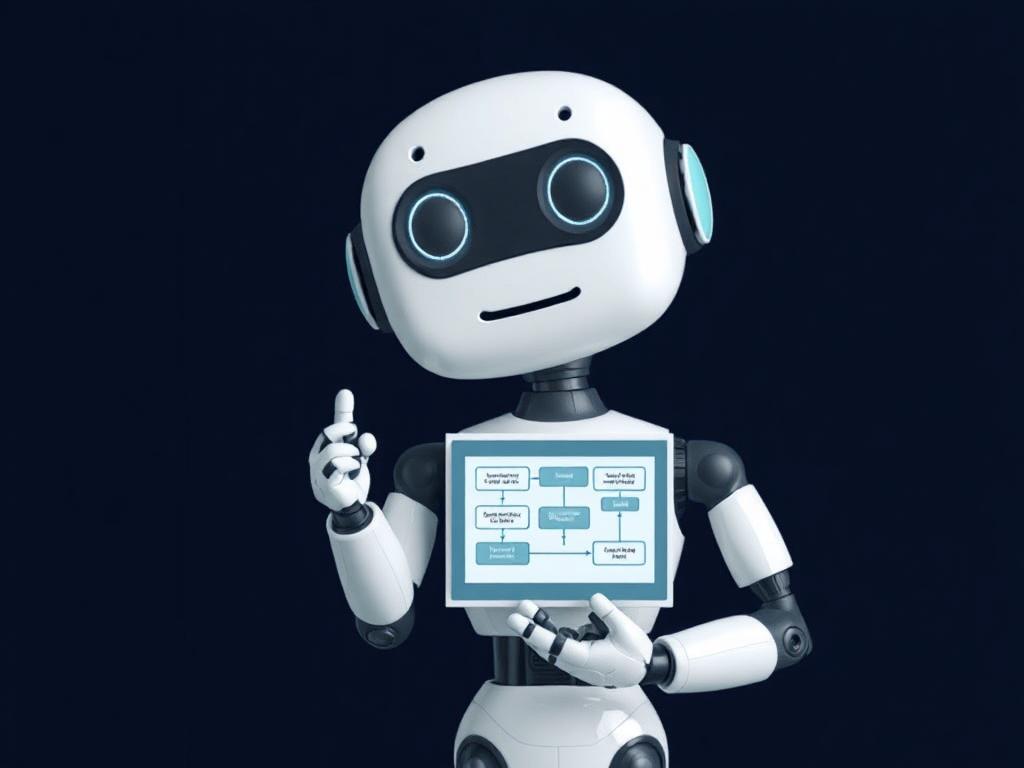Edge Computing
Category: Uncategorized
Introduction to Edge Computing Website performance is crucial for every big and small business. A slow website can frustrate users, leading to higher bounce rates and lost revenue. Edge computing brings solutions and computation closer to the user, reducing latency and improving reliability. But how does it work, and why does it matter for your website? Let’s break it down in a way that’s easy to understand. How Edge Computing Boosts Website Speed Edge computing
The creator economy is undergoing a seismic shift, driven by innovations like virtual influencers, AI co-pilots, and NFT memberships. These technologies are not just reshaping how content is made—they’re redefining who creates it, how it’s monetized, and how audiences engage. As we look ahead, the fusion of creativity and cutting-edge tech promises to unlock unprecedented opportunities—and challenges—for creators and brands alike. Virtual Influencers: The Rise of Digital Personalities Blurring the Lines Between Real and VirtualVirtual
The Rise of Digital Nomad Economies: How Portugal and Bali Are Pioneering the Future of Work
Category: Uncategorized
The global shift toward remote work has birthed a new economic phenomenon: the digital nomad economy. Countries like Portugal and Bali are leading this revolution, leveraging tailored visa programs to attract remote workers, boost tourism, and inject fresh talent into local markets. As borders dissolve for the digitally connected, these destinations redefine what it means to work, travel, and thrive in a post-pandemic world. The Digital Nomad Visa Revolution Portugal’s Golden Ticket for Remote Workers
Neuroprosthetics and Mind-Controlled Devices: How Brain-Computer Interfaces Are Transforming Lives
Category: Uncategorized
Imagine controlling a computer, robotic arm, or even a wheelchair with your thoughts. This is no longer science fiction—thanks to advancements in neuroprosthetics and brain-computer interfaces (BCIs), it’s becoming a reality. Look at Neuralink, it was founded by Elon Musk and they are pioneering technologies that restore mobility and communication for paralyzed patients, offering hope to millions. This article explores how BCIs work, their transformative potential, and the ethical challenges they bring to the forefront. The
AI’s influence in hiring, healthcare, and other important decisions is undeniable. But who’s ensuring these systems are fair or even legal? From biased hiring algorithms to AI misdiagnosing cancer, autonomous systems make life-altering choices with zero accountability. The global debate over AI regulation is no longer theoretical. It’s urgent. Here’s why in 2025, leaders must be forced to act: 1. The Accountability Crisis Healthcare: AI tools misdiagnose 30% of minority patients due to biased training data




